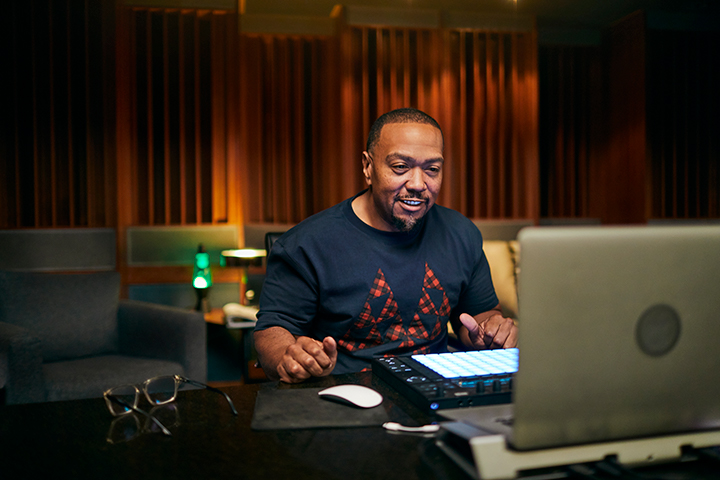Author and minister for over 40 years, Reverend Charles Swan reminisces on what inspires him and how he continues to serve after so many years. This is an excerpt from our interview with the reverend published in a previous issue.
How did you get into the ministry? What made you decide to pursue theology?
A sense of vocation and calling convinced me to respond. I came from a financially challenged yet humble background. My family was poor. I was not fortunate enough to finish high school due to lack of money, and my asthmatic condition made it all the more difficult. However, my sense of vocation persisted. I decided to explore the possibility of becoming a candidate for the ministry, and the theological route was required.
What are some of the challenges that you faced, progressing towards where you are now? How do you handle these challenges?
My biggest challenge was my asthma. Attending the world convention of Christian Education held in Toronto gave me the opportunity to test whether or not the climate in Canada would be good for my health. Fortunately, during the three weeks I spent in Ontario and Montreal, I discovered that I could breathe easily during the summer months. When I returned to Canada and stayed for about two years, I did not experience even one single asthma attack.
Who were your main inspirations/mentors?
I have had many mentors and sources of inspirations that greatly influenced me to enter the ministry. One of which is a highly recognized preacher, Dr. Reverend Clayton Monroe. He served as minister of Grace Methodist Church (my home church) for 26 years. There were also several local preachers (not ordained) and retired guest preachers from other churches who were equally excellent, respectable, and dedicated. Effie Taylor was the very first person who spoke about my sense of calling. She was a source of encouragement at the Men’s Day and Women’s Day preachers from the US.
What aspect of being a minister would you consider to be your greatest strength? How has this helped in real-life situations?
I regard myself as having excelled in a three-pronged ministry, namely: Servant of the Word, Servant of Pastoral Care, and Servant of Christian Education. The ministry requires being a student and giving an effective sermon needs preparation and some divine intervention. Asking yourself every time, “What would you have me say next Sunday?” It entails strong discipline to devote yourself to a life full of prayer and meditation. Being aware of the world, the community, and society will be your guiding example. Pastoral care involves empathy and having a sense of what is going on in each and every individual.
How do you balance family life and ministry life?
Monday is my day off. A time to perform regular chores such as doing the laundry, cleaning, and other housekeeping activities. Mornings are devoted to the vocation, as well as a time to prepare for sermons. I also manage my period preparing a weekly bulleting for order of service and announcements. Afternoons are for reading the gospel and contemplating its teachings. During the evening, I find time to do what I also like best, playing the piano. I see to it that I am abreast of what’s going on across the globe by keeping up with local and worldly news. Attending social events such as classical music and opera are also some of the things that balances out my life. Lastly, I go out and see non-violent movies or do some work over the phone.
Your book, Power for Living in These Days, is a compilation of sermons that you preached throughout the years. What is the main message that you wanted your readers to leave with when reading this? And how is it different from your previous work, No Turning Back Now?
I wish to convey that I am a servant of the Lord who is guided by the Holy Spirit, my teacher and protector. The Triune God (Father, Son and Holy Spirit) is central to preaching. The preaching from the Holy Scriptures also matters. It should challenge all of us that spreading the Word of our Triune God is very important.
No Turning Back Now is a tribute to my mother who would repeat this phrase when she saw me struggling or feeling discouraged. She loved to sing and I’m sure she was inspired by the Gospel song, “I’ve Decided to Follow Jesus – No Turning Back Now.”
Power of Living is an attempt to convey the Word of God, while No Turning Back Now is a call to persevere.
What advice would you give to young, aspiring ministers?
Ministry is not a job with benefits, it’s a vocation – a calling by our dearly beloved God. Remember Luke 22:27, “I AM AMONG YOU AS ONE THAT SERVES.” Pray each day and ask: “Lord, what shall we do together today?” Never stop learning and take advantage of continuing education that will equip you to better serve the ministry.
Tabitha Rock | Contributing Writer




















